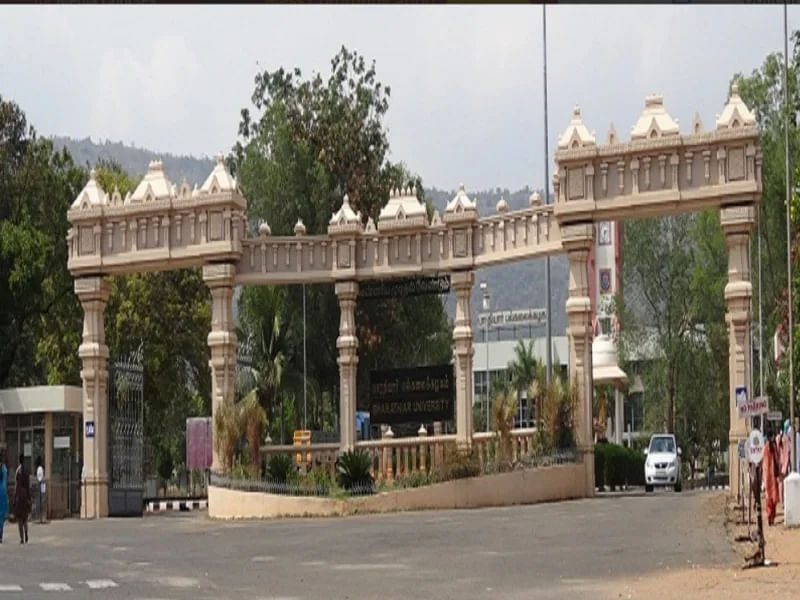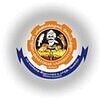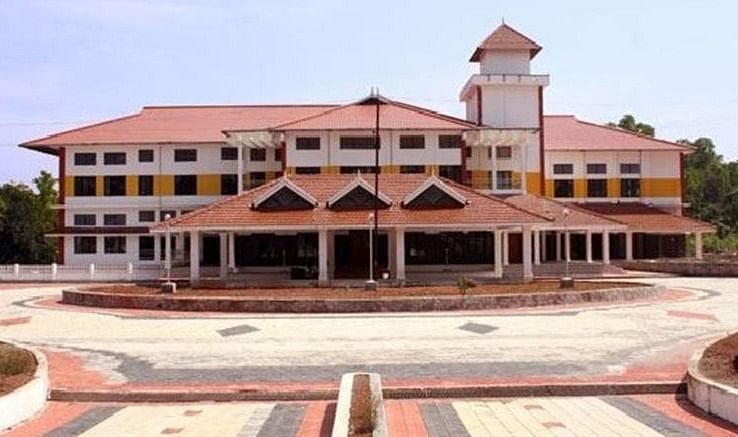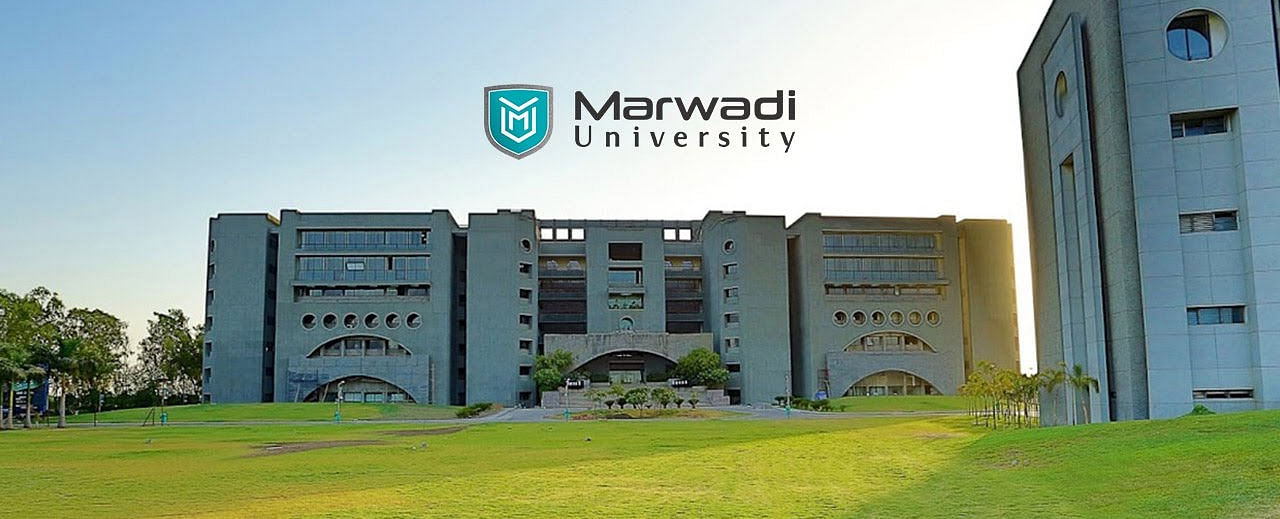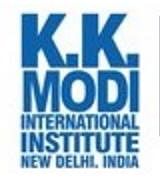M.Sc Cyber Security Syllabus and Subjects

M.Sc Cyber Security is a two-year postgraduate course and is divided into four semesters. M.Sc Cyber Security is a comprehensive study of Ethical Hacking, Cyber Crime Laws, Python, Malware Analysis, Digital Securities, etc.
Semester Wise M.Sc Cyber Security Syllabus
The Master of Science in Cyber Security syllabus covers the foundational concepts through both core and elective subjects. The M.Sc Cyber Security course aims to ensure that the students get an in-depth understanding of the subject. Semester-wise M.Sc Cyber Security subjects list is given in the table below:
|
Semester I |
Semester II |
|
Digital Securities |
Introduction to Python |
|
Online Anonymity |
Using Modules and Data Structure |
|
Cryptography and Secure Communication |
String and Fire Manipulation |
|
Cyber Crime Issues and Investigation |
Network Programming |
|
Digital Forensics |
Scapy- A Python tool for Cyber Testing |
|
Semester III |
Semester IV |
|
Malware Analysis Introduction |
Ethical Hacking |
|
Malware Analysis in Virtual Machine |
Final Year Project |
|
Basic Analysis |
- |
|
Basic Dynamic Analysis |
- |
|
Malware Functionality |
- |
M.Sc Cyber Security Subjects
M.Sc Cyber Security course offers both theoretical and practical aspects of the study. M.Sc Cyber Security subjects in Research Methodologies, Cyber Security, Ethical Hacking, etc have scientific significance in today’s world. The course curriculum includes core and elective subjects.
M.Sc Cyber Security Core Subjects
The compulsory subjects include:
- Digital Securities
- Malware Analysis
- Python
- Ethical Hacking
- Cyber Crime Laws
M.Sc Cyber Security Course Structure
M.Sc Cyber Security course structure includes both theory and practical papers and is curated for two years divided into four semesters. The course structure is made in such a way that both classroom training and practicals are included in the course curriculum. The course structure aims to ensure that the students are aware of the requirements of the employers. The course structure is given below:
- IV Semesters
- Postgraduate Course
- Core Subjects
- Elective Subjects
- Practicals
- Research Projects
M.Sc Cyber Security Teaching Methodology and Techniques
The course curriculum takes into account different teaching methods. Classroom learning includes practical sessions for students who are passionate about Cyber Security and want to take up Cyber Security professionally in the future. Listed below are the teaching methodology and strategies in general:
- Conceptualized Learning
- Traditional Classroom-Based Teaching
- Practicals
- Group Discussions
- Presentations
M.Sc Cyber Security Projects
Projects are given to students to understand the concepts and help students in getting hands-on experience. Projects are to be completed by the end of the fourth semester. Some popular M.Sc Cyber Security research project topics are
- Safe quantum and space communications
- Data privacy.
- (Inter)national cyberethics, criminology, and law.
- AI and IoT security.
- Is it ethical that governments can always access their citizens’ data?
- Does the internet need regulations to make adult content less visible?
M.Sc Cyber Security Reference Books
M.Sc Cyber Security books are available both online and offline by many authors and publications. Reference books are meant for gaining an in-depth understanding of concepts. Books on Cyber Security for academic purposes differ according to specializations. Some of the reference books for the course in Cyber Security are
|
Sl.No |
Name of the Books |
Authors |
|
1 |
Hacking: A Beginners’ Guide to Computer Hacking, Basic Security, And Penetration Testing |
John Slavin |
|
2 |
Hacking: The Art Of Exploitation |
Jon Erickson |
|
3 |
Metasploit: The Penetration Tester’s Guide |
David Kennedy, Jim O'Gorman, Devon Kearns, and Mati Aharoni |
|
4 |
Penetration Testing: A Hands-On Introduction to Hacking |
Georgia Weidman |
|
5 |
The Hacker Playbook 3: Practical Guide To Penetration Testing |
Peter Kim |
